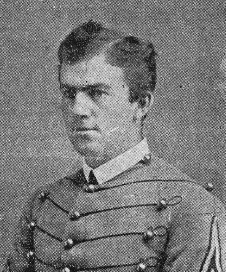Articles/Essays – Volume 04, No. 4
President David O. McKay: 1873-1970: The Prophet is Dead
The prophet is dead. Feeling a special quiet in the chapel this morning I sensed others were experiencing his going too. What did this mean to me? Why my tears and sorrow? Surely he was old enough to die. The Church would continue. Was his death stopping something for me? Why sorrow?
Not finding answers in my sorrow I turned to my joy and then I knew. Here was a great human man, a prophet, who had freely given himself to others. Because I had received of his giving I cried. This sorrow I felt at his dying was a reflection of the joy I had experienced in his living—the self he gave and the message.
The summer I was nineteen I worked in the Church office building. I had come from Florida, a convert who had never seen a prophet. I had hoped that by working in the same building, one day by chance I would see him. It was very important to me that I see a prophet. The last week of my summer job I went to President McKay’s secretary and explained my desire to see the prophet and asked if she would tell me his coming and going sched ule so that I might see him. Accepting my desire and persistence she told me to come in the following day at the time President McKay would be coming out of his office to check his schedule with her. The next morning, when he came to her desk, she called me over and introduced me. I remember well that great big man with deep, still eyes looking down into my face and extending his hand. As we shook hands he invited me into his office and there offered me a chair. The visit must have only been five minutes but to me it could have been a wonderful hour. He was unhurried. He asked me how I was but before I answered I sensed he already knew my deep inner feelings. As our brief visit ended he said, “You’re from Tallahassee. Oh, we have a wonderful little branch in Tallahassee.” You would have to have lived there then to know it was a branch with highly unusual love and support among its members, but President McKay seemed to know this and sent love and greetings to the Saints there.
This all comes back as a memory of his giving self, who thought everyone was important and worthwhile.
The message came much later. I was no longer a young girl full of fervor and belief and he was no longer a great big man in stature. I attended the opening of the Oakland Temple and heard President McKay offer the dedicatory prayer. Before I heard the prophet pray I had been full of questions and so spiritually hungry that I hurt deep in my soul. When he prayed, what I heard, as if for the first time, was gratitude for our relationship to God, for the mission of Christ, and for the beautiful commandment that we love one another. I came hungry and I was fed.
Mona Jo Ellsworth
Palo Alto, California


 Back to full Issue
Back to full Issue

